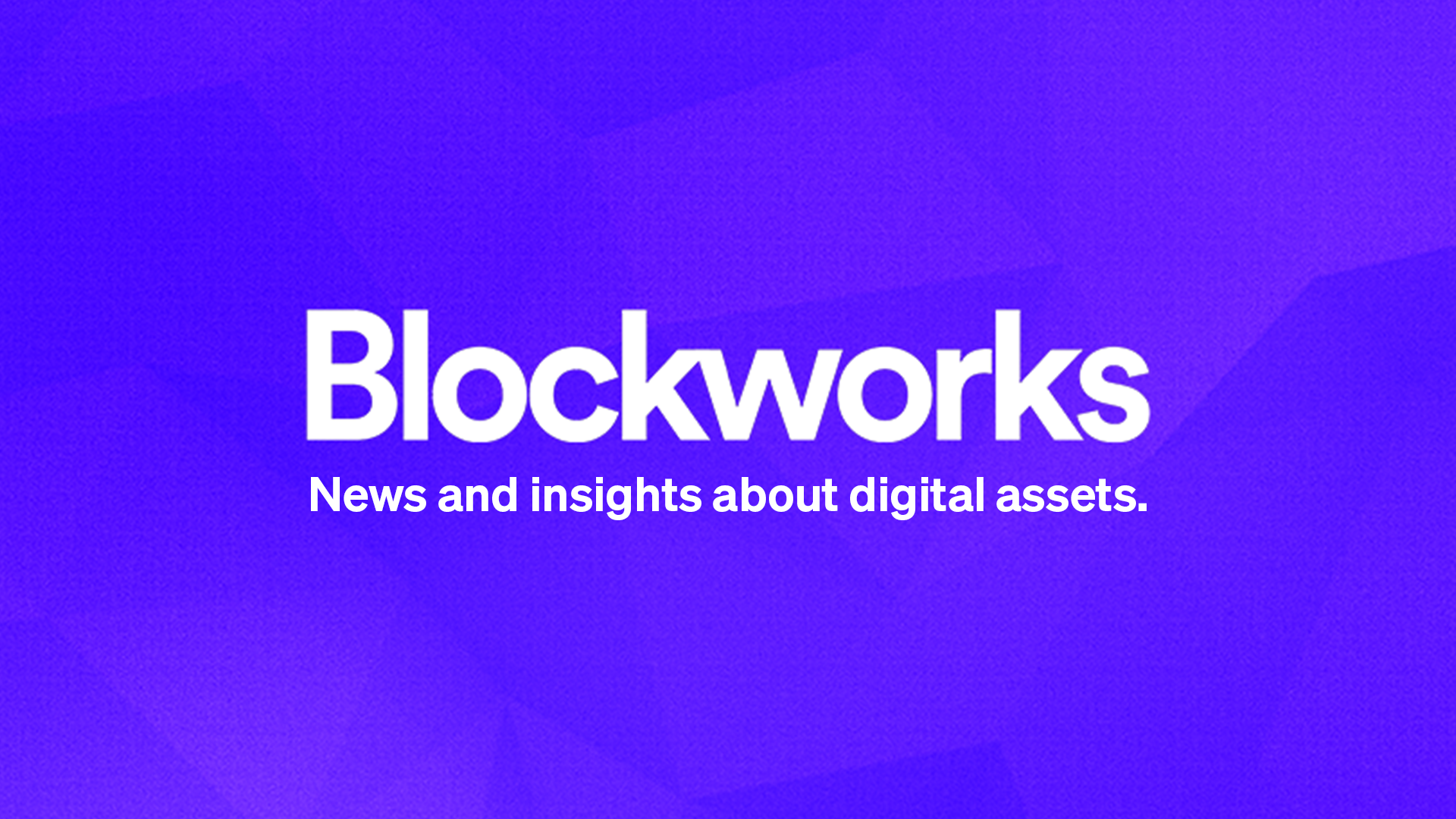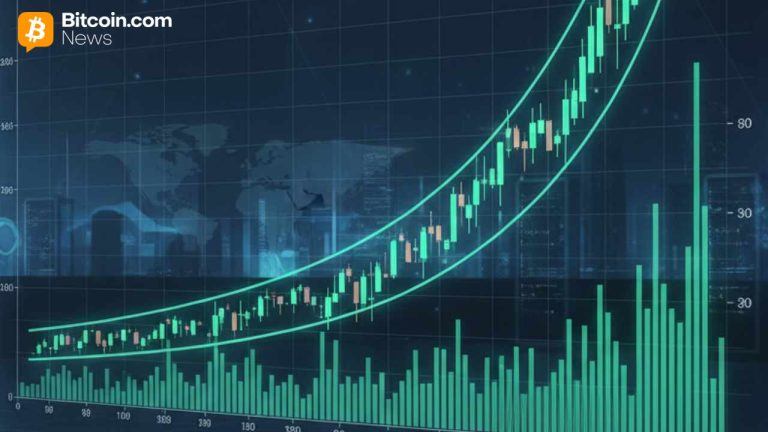ARTICLE AD BOX
Michael Egorov, the founder of Curve Finance, introduced a governance proposal on Monday requesting substantial funding to support ongoing development through his company Swiss Stake AG.
The proposal seeks 21 million CRV tokens, valued around $6.3 million at current market rates, to cover operational costs over a one-year period. The primary focus of the funding is to scale Curve’s stablecoin, crvUSD, enhance foreign exchange markets, and develop leverage products based on crvUSD.
Egorov emphasized the necessity of continuous development to avoid stagnation, particularly highlighting the importance of security audits, which he notes consume a significant portion of the budget. However, the proposal has sparked a heated debate within the Curve community, with many members expressing serious concerns.
A recurring criticism is the proposal’s vagueness. Community members, commenting under pseudonyms such as Intrepid_llama, argue that the proposal fails to provide a clear roadmap, specific allocation of funds, or performance metrics.
Read more: Venture firms accuse Curve founder of elaborate fraud
The absence of detailed plans on how the funds will be used has led to accusations of insufficient accountability, with some members refusing to support the proposal unless it is significantly revised to include these details.
“As written, this proposal hands over 21 million CRV… with no control on how it is spent — just an obligation to produce summarized bi-annual reports after the fact. This is unacceptable,” Intrepid_llama wrote.
Egorov, in response, said his lawyers advised him to refrain from offering specifics. Despite this, he has expressed willingness to push back against these constraints to provide more clarity.
That explanation has not satisfied the critics, who point out that other DeFi projects — such as Aave — are more transparent in their funding requests.
While there’s a general appreciation for the work that Egorov’s team has done, the post also raises the “spectacular failures” such as the mass liquidation of Egorov’s personal CRV in June.
Community member Crvnon pointed to “an inability to work with large shareholders, and capital and reputational destruction from the liquidation event inflicted on every team and protocol that calls Curve home,” calling these “wholly avoidable and self-inflicted.”
Egorov told Blockworks in an interview prior to the governance proposal that he would rather have the CRV tokens than the liquidated loans he took out against them.
“It was not easy but I’m glad that a bunch of CRVs locked to make the fees from the system,” he said. “There are plenty of things planned for Curve and they are not stopping at all — I’m probably even more motivated to bring those to reality as quickly as possible.”
Other community members are concerned about the long-term sustainability of the proposal, particularly given its significant draw — approximately 50% — on the community fund. They argue that without clear targets for growth and revenue generation, the ecosystem’s sustainability is at risk.
Several members, including Cryptoinvest and boz_m, stress the importance of operational clarity. They advocate for breaking down the funding request into quarterly segments with attached deliverables and suggest pricing in crvUSD, instead of the more volatile CRV tokens.
Curve Finance saw its fifth annual reduction in CRV token issuance on Aug. 13, which brought the inflation rate down to 6%, according to a Curve spokesperson.
“The amount of CRV locked as veCRV over the past two months has outpaced the total expected inflation for the next year, and the increasing number of tokens being locked means that Curve’s participants intend to stay with the platform for the long haul, increasingly committed to its development,” according to a statement shared with Blockworks.
Using crvUSD would better protect the community fund from market fluctuations and provide clearer accountability, the community members argue.
Boz_M called for “specific performance metrics or milestones [that] would allow investors to track progress and evaluate the success of the funded initiatives.”
Egorov has acknowledged the criticisms and expressed a willingness to adjust the proposal, particularly regarding the inclusion of more detailed information on how the funds would be spent.
The proposal is expected to be revised based on feedback received before moving to a week-long on-chain vote.
Start your day with top crypto insights from David Canellis and Katherine Ross. Subscribe to the Empire newsletter.
Explore the growing intersection between crypto, macroeconomics, policy and finance with Ben Strack, Casey Wagner and Felix Jauvin. Subscribe to the On the Margin newsletter.
The Lightspeed newsletter is all things Solana, in your inbox, every day. Subscribe to daily Solana news from Jack Kubinec and Jeff Albus.
 (1).png)
 1 year ago
496110
1 year ago
496110







 English (US) ·
English (US) ·